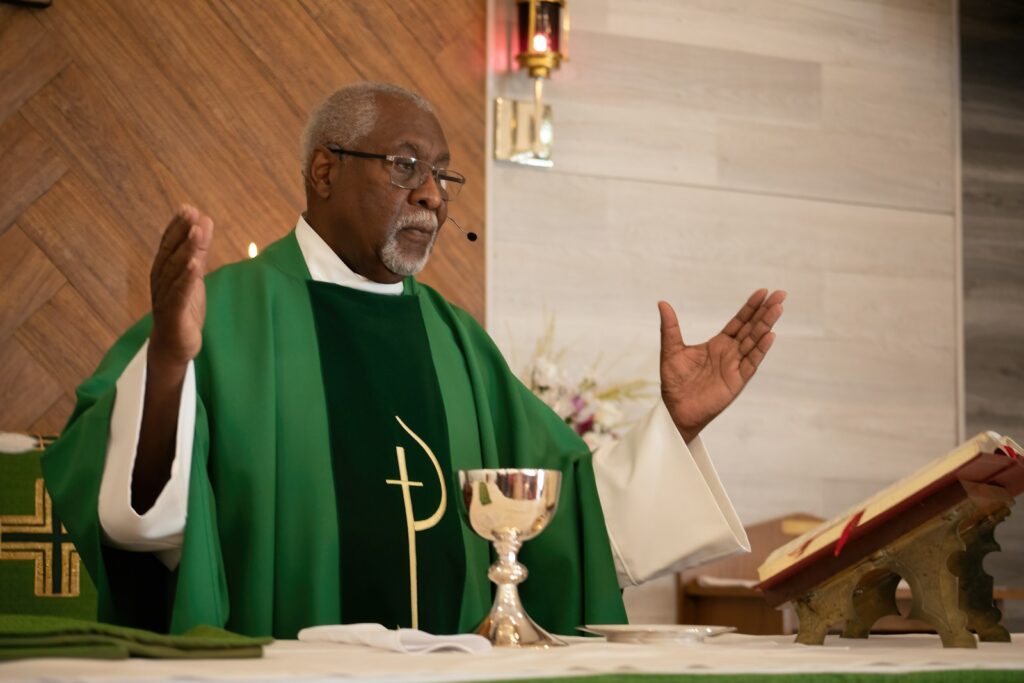
To many, a priest’s life looks serene — leading worship, offering counsel and being a steady spiritual guide. But behind the calm public presence are challenges that rarely make it past the church walls. These struggles aren’t always dramatic or obvious; they’re the quiet, persistent struggles that come with a life of service. Priests rarely talk about them openly but they carry them daily, often with little recognition or support.
They’re Always on Call
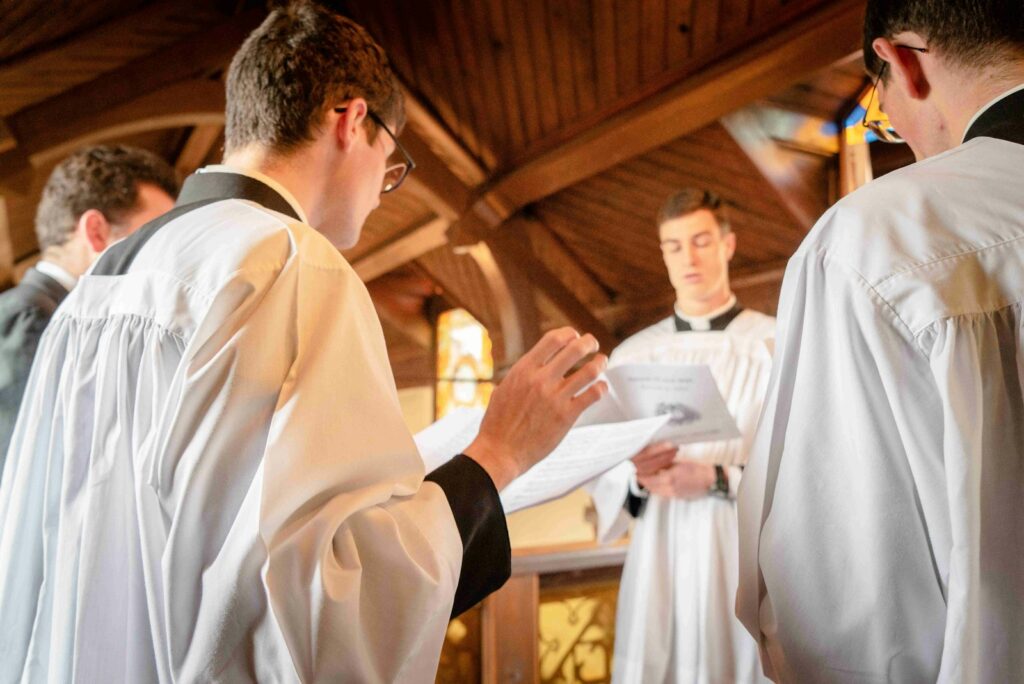
A priest’s phone can ring at any hour — a parishioner in the hospital, a grieving family, a sudden emergency. Even their days off can disappear in a moment. They can’t fully relax knowing the next knock at the rectory door might bring news that demands their immediate attention. It’s hard to find true rest when your role never really stops.
They Absorb Other People’s Pain

From confessions to bedside visits, priests hear stories of loss, fear, and heartbreak every week. They offer comfort in the moment, but the weight of those conversations doesn’t disappear. It follows them home, sometimes making sleep hard to find. They can’t vent the details to friends or family, so the emotional load is theirs alone to manage.
Loneliness Is a Constant Battle

Life in ministry means giving to others constantly, but having few people to share your own life with. Evenings can be especially quiet — no spouse to talk to about the day, no children running through the house. While they’re surrounded by people on Sundays, the solitude between those moments can feel sharp. Many learn to mask it so no one worries.
They Face Unspoken Expectations

Priests are expected to be endlessly patient, wise, and available. People want answers to theological questions, support in personal crises, and presence at community events. Falling short in any area can bring disappointment or criticism. The pressure to meet every need — without showing stress or fatigue — can quietly wear down their energy and spirit over time.
Balancing Boundaries Is Tricky

It’s hard to say no when someone asks for help, especially if that person is hurting. Priests know they need time to rest and recharge, but turning down a request can feel like a personal failure. Over months and years, this habit can leave them with little space to care for their own well-being, leading to exhaustion that no one else notices.
Finances Can Be Tighter Than People Think

Many assume priests are financially secure because housing and some expenses are provided. But personal budgets are often slim, with modest stipends and few ways to build long-term savings. Unexpected costs — a car repair, a trip home for a family emergency — can be stressful. They rarely mention it, not wanting to seem ungrateful for the support they do receive.
They Struggle Spiritually Too

Despite their role, priests aren’t immune to seasons of doubt, spiritual dryness or feeling distant from God. They still have to lead services and preach hope even when their own faith feels strained. Admitting this to parishioners can feel risky so they wrestle with these struggles privately, relying on prayer and discipline to carry them through.
Administrative Work Pulls Them Away From Ministry

Running a parish means handling budgets, maintenance, schedules and paperwork — work that can eat up hours each week. This leaves less time for the conversations, study and reflection that drew them to priesthood. It’s a constant juggling act between the spiritual leadership they love and the operational demands they can’t ignore.
Grief Stays With Them
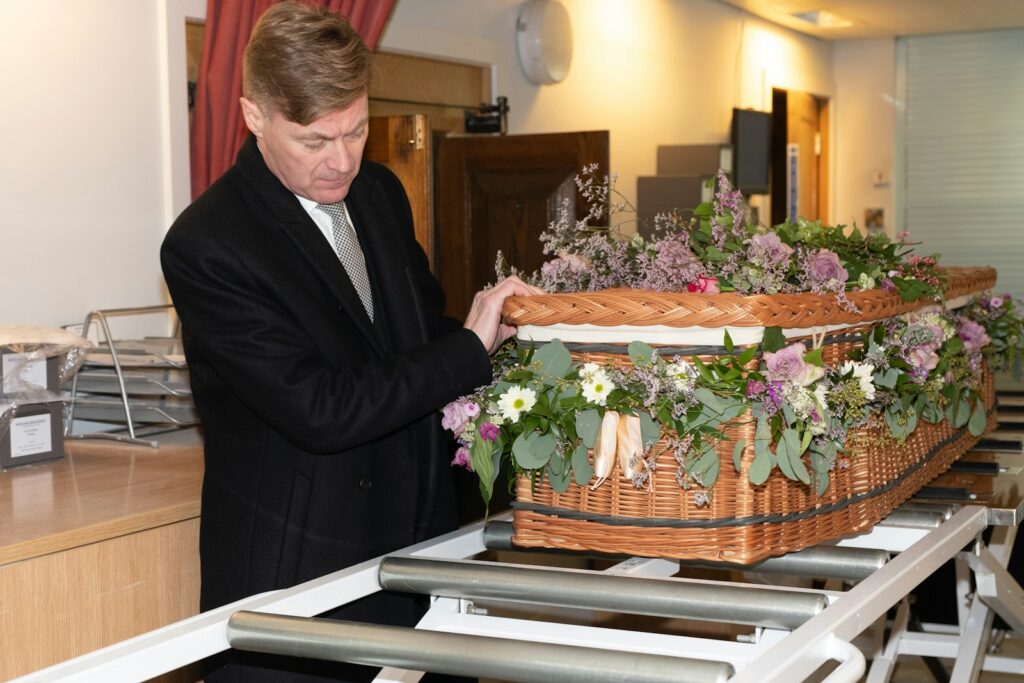
When a parishioner dies, it’s not just a formal duty — it’s often a personal loss. Priests may have known the person for years, shared meals and celebrated milestones together. They have to stay composed through the funeral, offering comfort to the family, and only later, in solitude, do they allow themselves to feel the full weight of the loss.
They Mediate Conflicts No One Else Wants to Touch
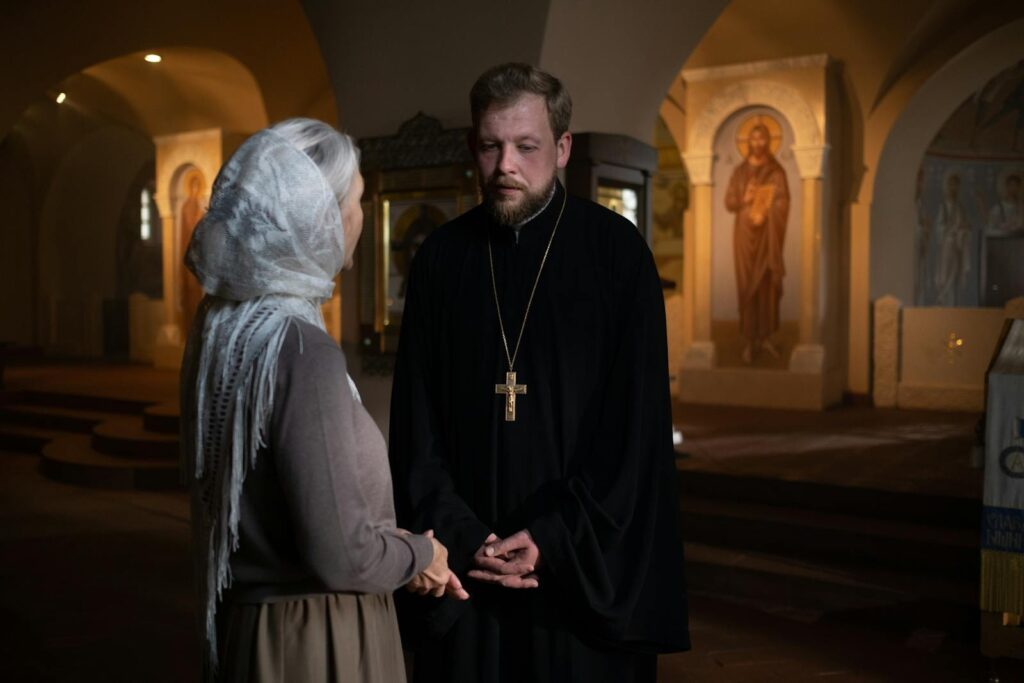
Disagreements over worship styles, parish priorities, or church events can turn tense. Priests often step in as peacemakers, knowing someone will be unhappy no matter what they decide. This constant mediation can be draining, especially when they personally agree with one side but must remain neutral for the sake of unity.
Friendships Can Be Hard to Maintain
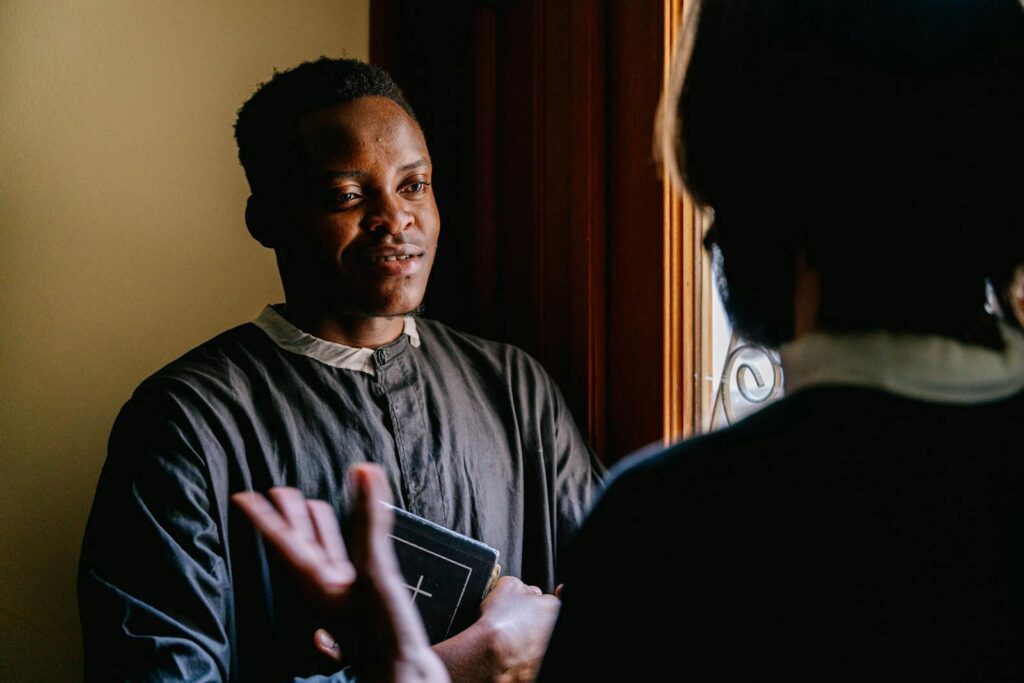
Ministry schedules leave little room for social plans, and friendships outside the church can fade over time. Even when they do see friends, they may hold back from sharing too much about parish challenges. It’s not about secrecy — it’s about not wanting to burden people who might not understand the unique pressures of the role.
Confidentiality Can Feel Heavy
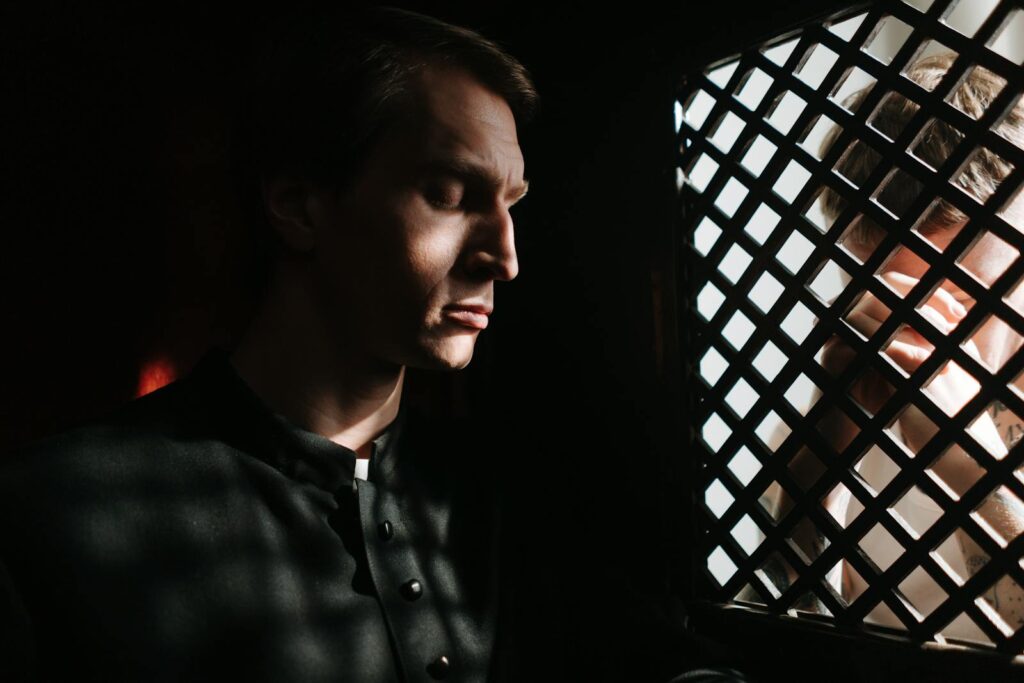
Whether it’s a confession or a private conversation, priests are bound to keep it to themselves. Some of what they hear is deeply troubling, and they can’t seek advice or share it with anyone. Carrying those secrets — knowing they might never be resolved — is one of the heaviest parts of the vocation.
Burnout Often Goes Unnoticed
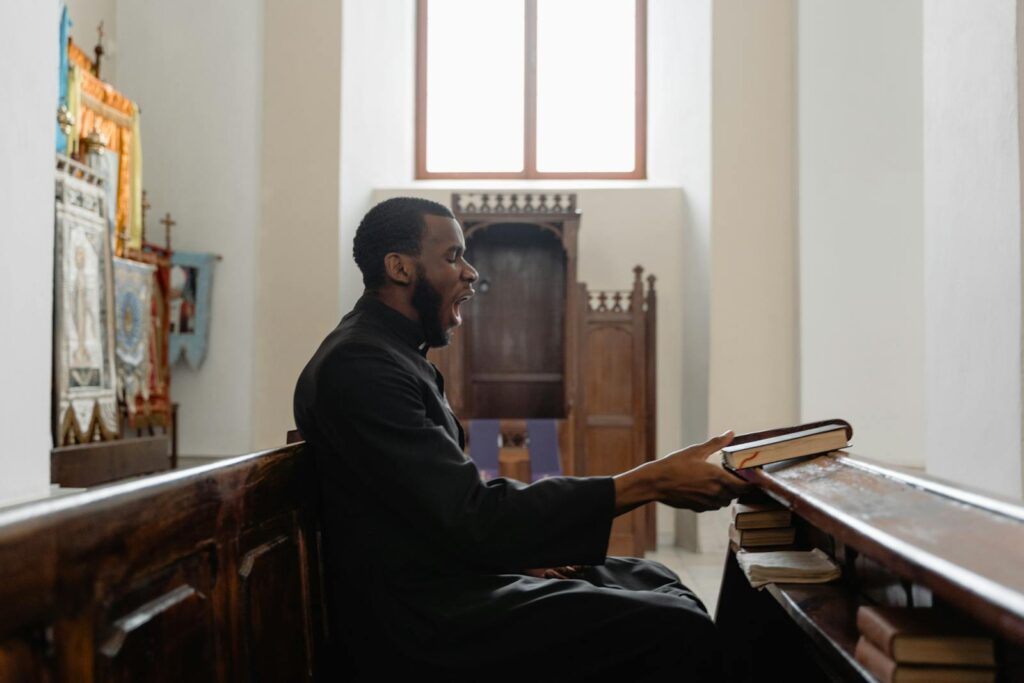
Priests are skilled at keeping up appearances, so even close parishioners may not see when they’re worn down. They keep preaching, visiting the sick, and attending events, all while feeling increasingly drained. Taking a break can seem impossible when the community depends on them, so they keep pushing forward, sometimes to the point of real physical and emotional strain.
Criticism Can Cut Deep
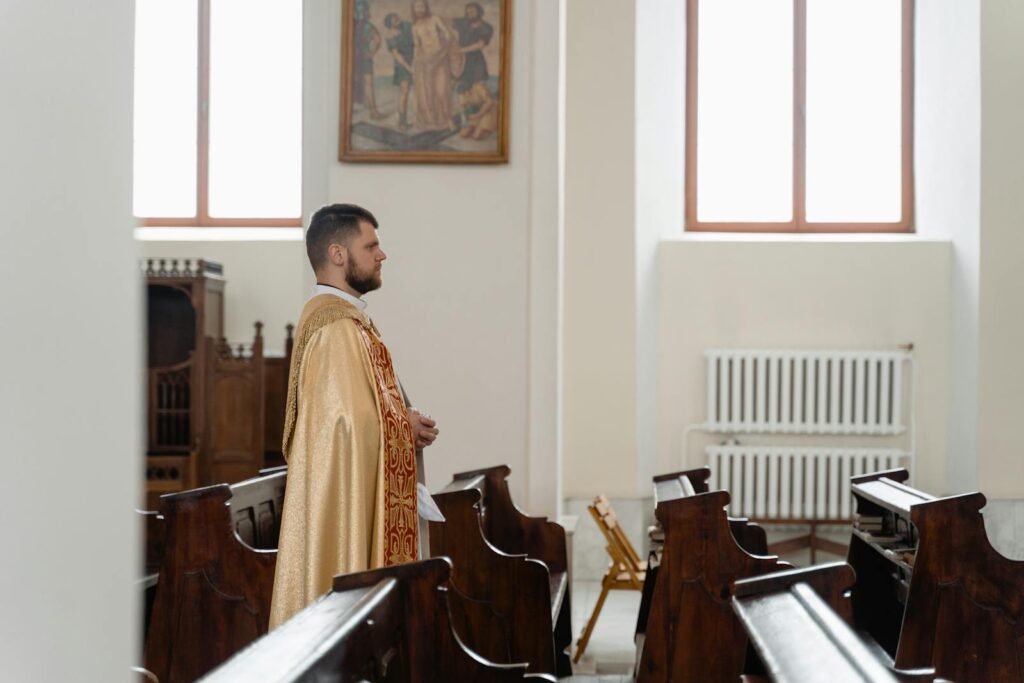
It might come in the form of a side comment after Mass, a letter left in the collection plate or a conversation in the church hall. Even when it’s phrased politely, repeated criticism can wear down confidence. Priests know they can’t please everyone but hearing negative feedback week after week still stings — especially when it’s about something they poured effort into.
They Miss Family Moments Often
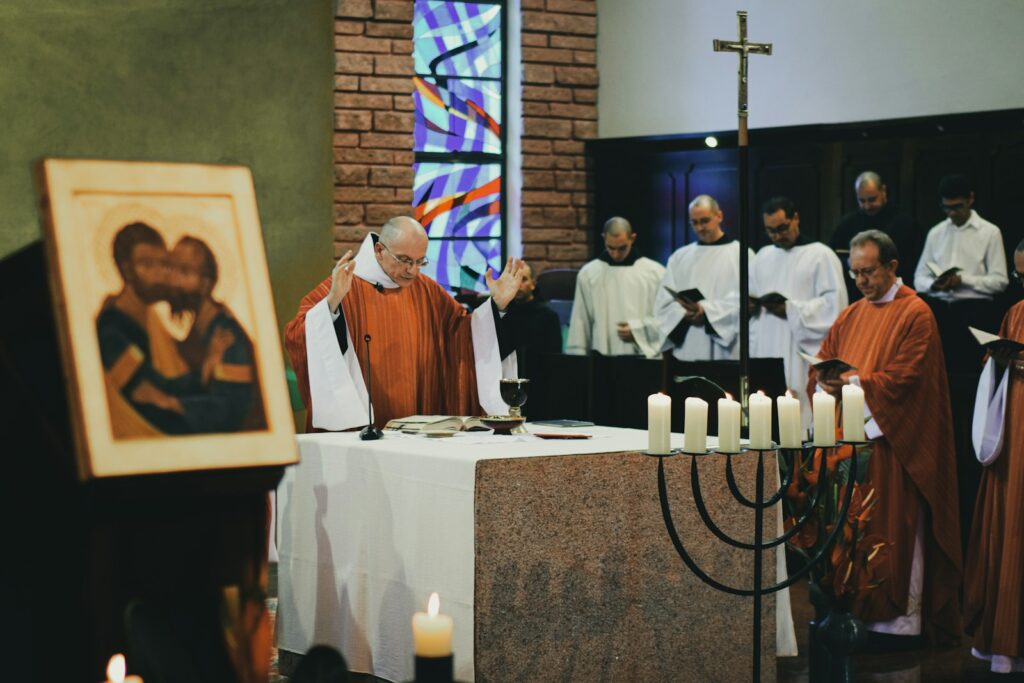
While others gather for holidays, birthdays and weekend get-togethers, priests are usually leading services. They attend parish events and visit those in need. Christmas might mean midnight Mass instead of dinner with relatives. Easter is packed from sunrise to evening. They accept this as part of their calling but it doesn’t erase the ache of missing those personal milestones year after year.

